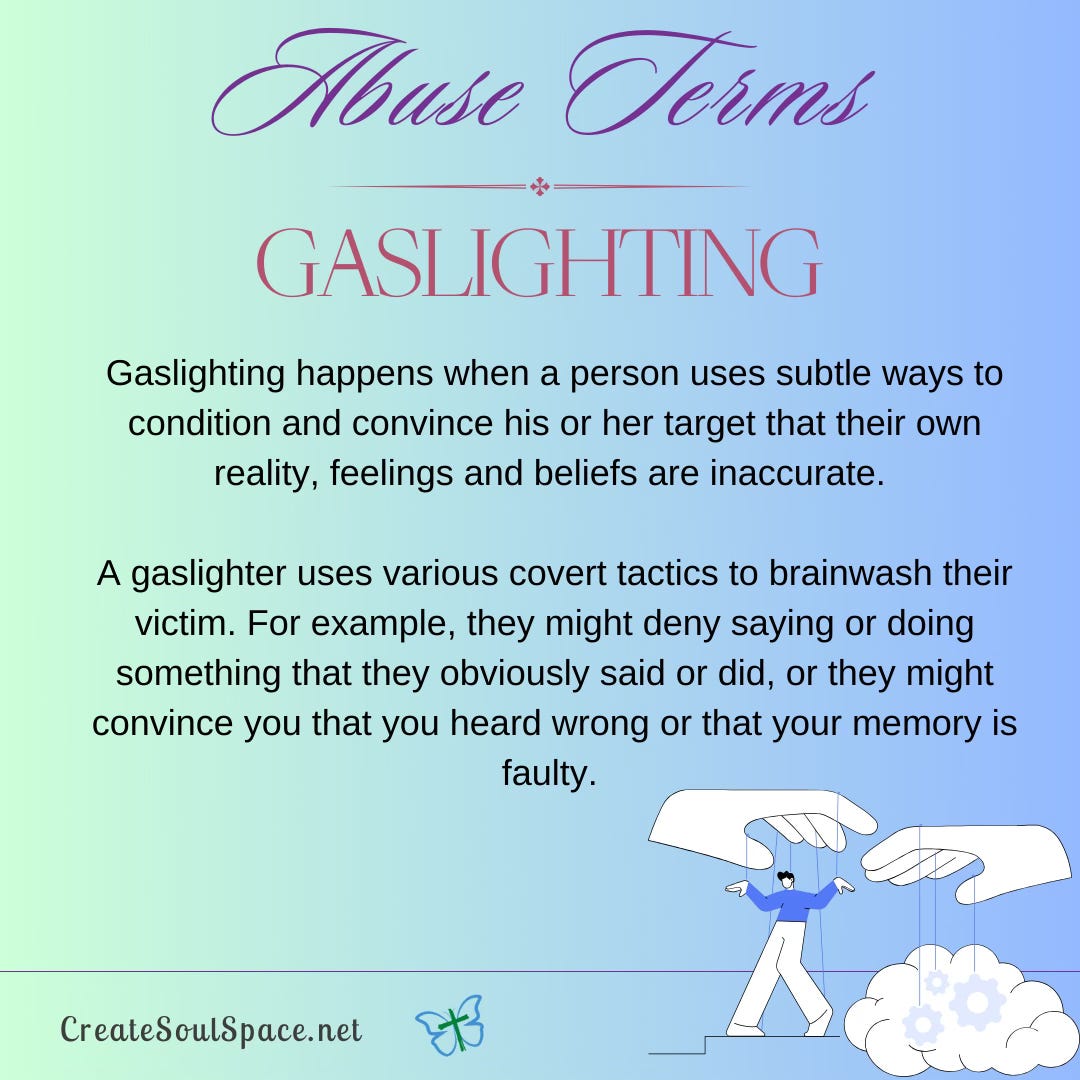Rewriting History
Why some people control the narrative by rewriting history, and what you can do to protect yourself.
Have you ever been in an accusation-laden argument with your partner, only to discover they have a completely different version of something that happened in the past? Perhaps they’re claiming something didn’t occur even when you know it did (or vice versa). Perhaps they tell you that you said or did something that you’re sure never happened, or they deny something they said or did, as if to erase the truth.
It’s common for people to recall different versions of past events. Memories are slippery things, and small details can shift and change over time as we internally retell or relive our stories. However, in normal circumstances the detail shifts are small and relatively insignificant.
We also have our own perspectives, opinions that color the way we recall events, conversations and situations—especially if we’re filtering things through our woundedness. This, too is normal.
So what’s the difference between expected cognitive differences and a complete—and bizarre—rewriting of history? Why do some people rewrite history to fit their own agendas, and do they do it on purpose? Do they believe their own lies?
Controlling the Narrative
We’re again getting back to the foundation of abusive behavior—power and control. An individual who manipulates others in order to stay on top (see Love is Not a Competition) is a person with deeply held insecurities that they don’t want to admit. Rather than facing their wounds so they can seek help and healing, they hide their vulnerabilities under a façade of self-importance and control.
Manipulation is the primary trait of people who hold abusive mindsets. Denying the victim her own perspective and reality by twisting the truth into something unrecognizable is a common gaslighting tactic.
“A fool takes no pleasure in understanding, but only in expressing his opinion. When wickedness comes, contempt comes also.”
(Prov. 18:2-3)
Psychological manipulation is far more confusing than overt abuse. While overt abuse is obvious and undeniable (even though the perpetrator will try to make excuses or will make an attempt at denial), psychological manipulation leaves a target confused and depleted. They have no idea what just happened or how, and certainly could never explain it to others. They just know they feel crazy, confused, depressed or exhausted—and somehow they’re to blame, even if they can’t figure out how.
People who chronically manipulate their intimate relationships have a core wound of self. Since they have cripplingly low-esteem, they seek to project the opposite in order to fool others—and to hide the truth from themselves. That’s why they feel the need to puff themselves up, while at the same time knocking their partner down (either figuratively or literally).




